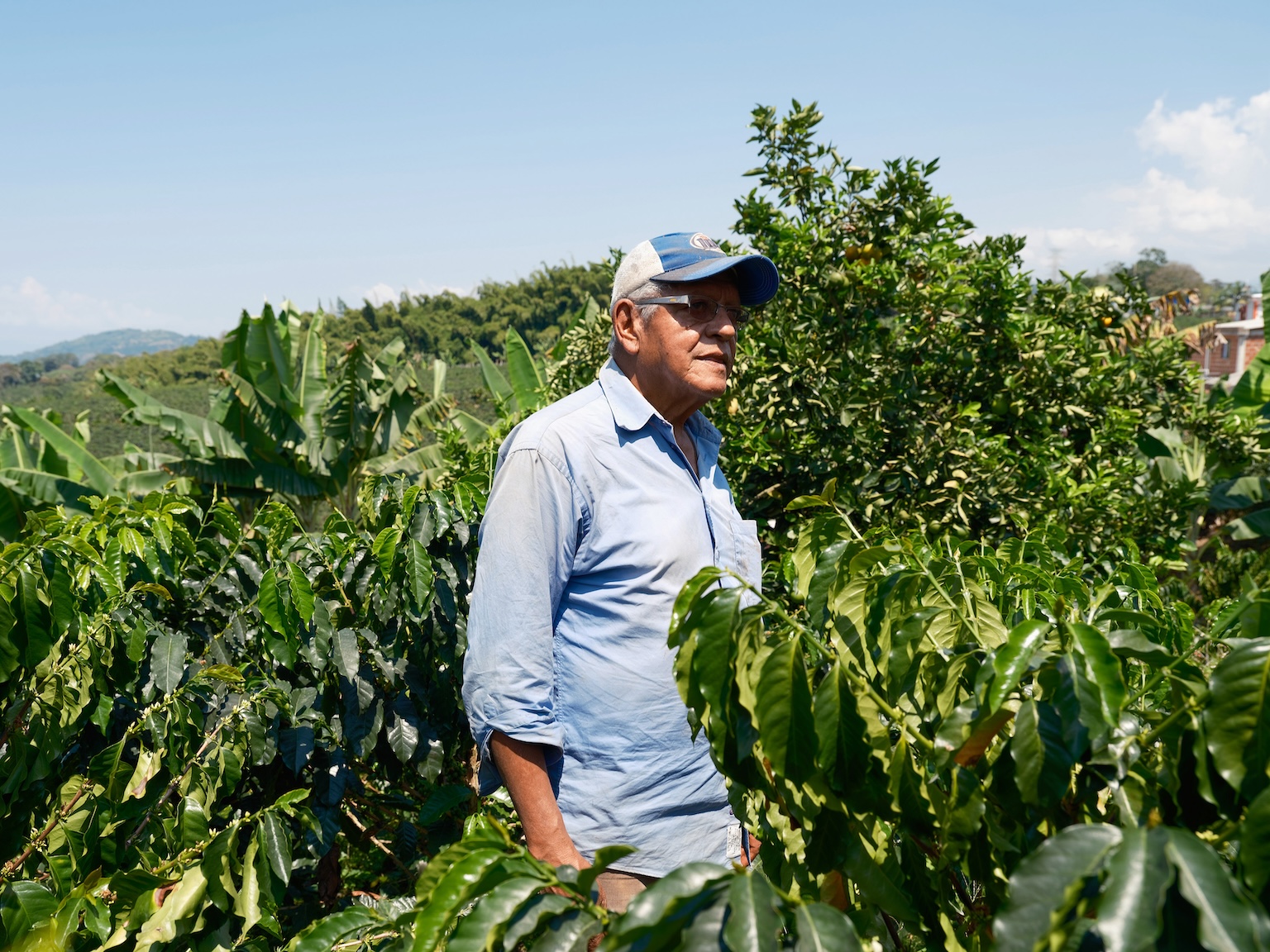The Impact of Climate Change on Colombia’s Coffee Industry
Colombia, renowned for producing some of the world’s finest coffee beans, faces a significant threat posed by climate change. The changing weather patterns, including increased temperatures, irregular rainfall, and more frequent extreme weather events, are affecting the delicate balance required for successful coffee cultivation.
Critical Considerations: Climate Variability and Coffee Production
One critical consideration is the impact of climate variability on coffee production in Colombia. Higher temperatures can lead to the spread of pests and diseases, affecting the quality and quantity of coffee beans. Additionally, irregular rainfall patterns can disrupt the flowering and maturation cycles of coffee plants, resulting in decreased yields.
Future Outlook: Adapting to Climate Challenges in the Coffee Industry
As the effects of climate change continue to unfold, the Colombian coffee industry must proactively adapt to these challenges. Implementing sustainable practices, such as shade-grown coffee cultivation, water conservation measures, and crop diversification, can help mitigate the impacts of climate change and ensure the long-term viability of coffee production in Colombia.
Innovative Techniques Adopted by Colombian Coffee Farmers
Colombia is renowned for its high-quality coffee, and one key factor in maintaining this reputation lies in the innovative techniques adopted by Colombian coffee farmers. These techniques not only enhance the quality of the coffee produced but also contribute to sustainability and efficiency in the industry.
One significant innovative practice is the adoption of precision agriculture. Colombian coffee farmers are utilizing technology to optimize farming processes, such as using drones and sensors to monitor crop health, soil conditions, and irrigation needs. This data-driven approach allows farmers to make informed decisions, leading to higher yields and better quality beans.
Furthermore, Colombian coffee farmers are embracing agroforestry practices. By intercropping coffee plants with shade trees and other vegetation, they create a more diverse and sustainable ecosystem. This not only benefits biodiversity but also enhances soil health and water retention, ultimately improving the resilience of coffee farms to climate change.
Moreover, the focus on organic and sustainable farming methods is gaining traction among Colombian coffee producers. By reducing chemical inputs and promoting natural pest control methods, farmers are preserving the environment, protecting the health of consumers, and meeting the growing demand for ethically produced coffee.
In conclusion, the innovative techniques adopted by Colombian coffee farmers are shaping the future of the industry. Through technology, sustainable practices, and a commitment to quality, these farmers are not only producing exceptional coffee but also setting a global standard for responsible agriculture.
Preserving Traditional Coffee Farming Methods Amid Climate Changes
Traditional coffee farming methods are deeply rooted in history and culture, passed down through generations. However, with the increasing challenges posed by climate change, preserving these methods is more crucial than ever.
The Importance of Traditional Methods
Traditional coffee farming techniques embrace sustainability, biodiversity, and a harmonious relationship with nature. These methods often involve shade-grown coffee, intercropping with other plants, and organic practices that benefit the environment.
Adapting to Climate Changes
Climate change brings unpredictable weather patterns and challenges such as pests and diseases. To preserve traditional coffee farming, farmers are integrating modern technologies like precision agriculture, water management systems, and agroforestry practices.
Community Engagement
Preserving traditional coffee farming involves community engagement and knowledge-sharing. Collaborative efforts within farming communities help in adapting to climate changes while maintaining the essence of traditional practices.
Education and Awareness
Raising awareness about the importance of traditional coffee farming methods and their resilience to climate changes is essential. Educating consumers and supporting fair trade practices can contribute to preserving these sustainable methods.
Combining Old and New Strategies for Sustainable Coffee Production
Breaking Down the Headlines
With the increasing focus on sustainability in the coffee industry, the integration of traditional and modern approaches has emerged as a key trend. By bridging age-old farming practices with innovative technologies, coffee producers are striving to enhance productivity while minimizing their environmental impact.
The Bigger Picture
Historically, coffee production has faced sustainability challenges due to issues like deforestation, soil degradation, and biodiversity loss. The combination of traditional methods such as shade-grown cultivation and organic farming with new strategies like precision agriculture and blockchain traceability offers a holistic approach to address these concerns.
What This Means Going Forward
The synergy of old and new practices in sustainable coffee production not only benefits the environment but also resonates with consumers who value ethically sourced products. This trend is likely to continue shaping the coffee industry, encouraging collaboration between farmers, tech innovators, and sustainability advocates to create a brighter future for coffee cultivation worldwide.
